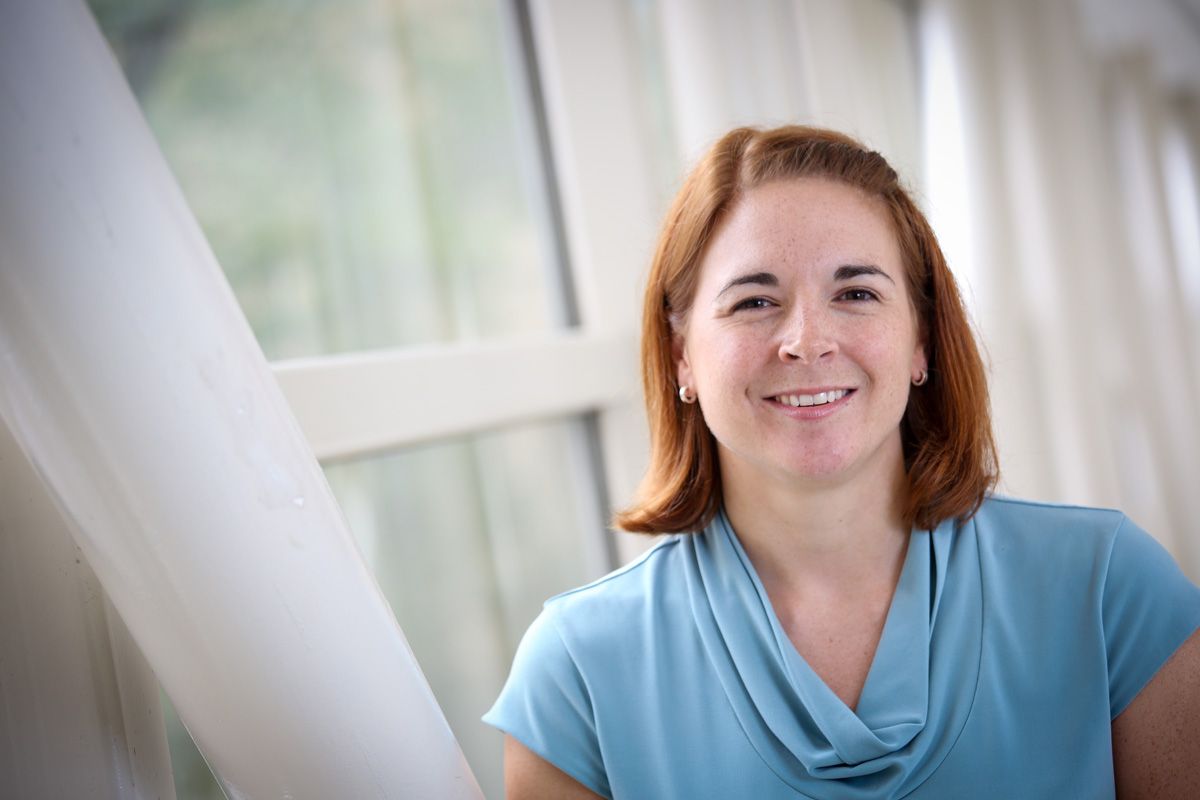The past 10 years have led to significant improvements in assessing hereditary cancer risk, due largely to advancements in genetic testing technology, knowledge of hereditary cancer risks and the identification of new cancer-associated genes. With this expansion of information and resources, many patients who were not eligible for genetic testing in the past may now be candidates. At the same time, previously tested patients who were found to have no mutations, may now be eligible for additional testing of the same gene(s) or for evaluation of other cancer syndromes.
While only 5 to 10 percent of cancers are linked to inherited genetic mutations, for those patients with an inherited cancer risk, having this knowledge can make a significant and potentially life saving impact. It could change at what age and how frequently the patient undergoes screenings such as colonoscopy, PSA or mammography, and could determine whether the patient may benefit from risk-reducing surgery or other preventive approaches.
Here’s how the genetics experts of the Clinical Genetics Service at Roswell Park Comprehensive Cancer Center, in Buffalo, NY can help you determine which patients should consider genetic counseling and testing.
“The first and most important step is to collect the patient’s family history as accurately and detailed as possible,” says Mollie Hutton, MS, CGC, certified genetic counselor at Roswell Park. “This should go beyond first-degree relatives and include all cancer types. This family history also needs to be updated and confirmed regularly, to include any new diagnoses among relatives.”
The American Society of Clinical Oncology (ASCO) recommends noting any history of cancer in first- and second-degree relatives. First-degree relatives include parents, children and full siblings. Second-degree relatives include grandparents, aunts and uncles, nieces and nephews, grandchildren and half-siblings. For each relative with cancer, you should record the following information:
- Type of primary cancer(s)
- Age at diagnosis
- Lineage (maternal and/or paternal)
- Ethnicity
- Results of any cancer genetic testing in any relative
Look for These Red Flags
A patient’s family medical history may suggest an increased risk for of cancer due to an inherited genetic mutation if he or she has:
- Several first-degree relatives (parents, siblings, children) who have had cancer
- Multiple relatives with the same cancer type, multiple primary cancers, or cancers that tend to cluster together such as breast and ovarian
- Multiple relatives diagnosed with cancer before age 50
- Ashkenazi Jewish ancestry
Patients that have one or more of these red flags should be referred to meet with a genetic counselor before any potential testing. The growing complexity of testing often makes it a challenge to determine the most appropriate test for each situation. “Each patient and family is unique,” explains Hutton, “and there is no ‘one-size-fits-all’ genetic test for cancer risk.” A formally trained genetics provider, such as a genetic counselor, can guide the patient through the pros and cons of testing, enabling an informed decision about whether or not to pursue testing, the level of testing the patient is comfortable with, and whether the information from the test will impact medical management.
Roswell Park’s Clinical Genetics Service is available to help both patients and providers determine their next step. The Clinical Genetics providers can:
- Educate your patient and their family about cancer genetics and discuss the social, ethical, and legal issues related to genetic testing.
- Create a genetic pedigree to record cancer cases among the patient’s relatives and highlight patterns that suggest increased cancer risk.
- Arrange for appropriate genetic testing via a blood test performed off-site, or at a location convenient to the patient.
- Explain test results and implications for the patient.
- Discuss options to reduce risk, which may include more frequent or earlier screening, medication, or surgery to remove the breasts, ovaries or thyroid.
Call Roswell Park today to discuss a case or refer a patient at 716-845-RPMD (716-845-7763). www.roswellpark.org/rpmd
